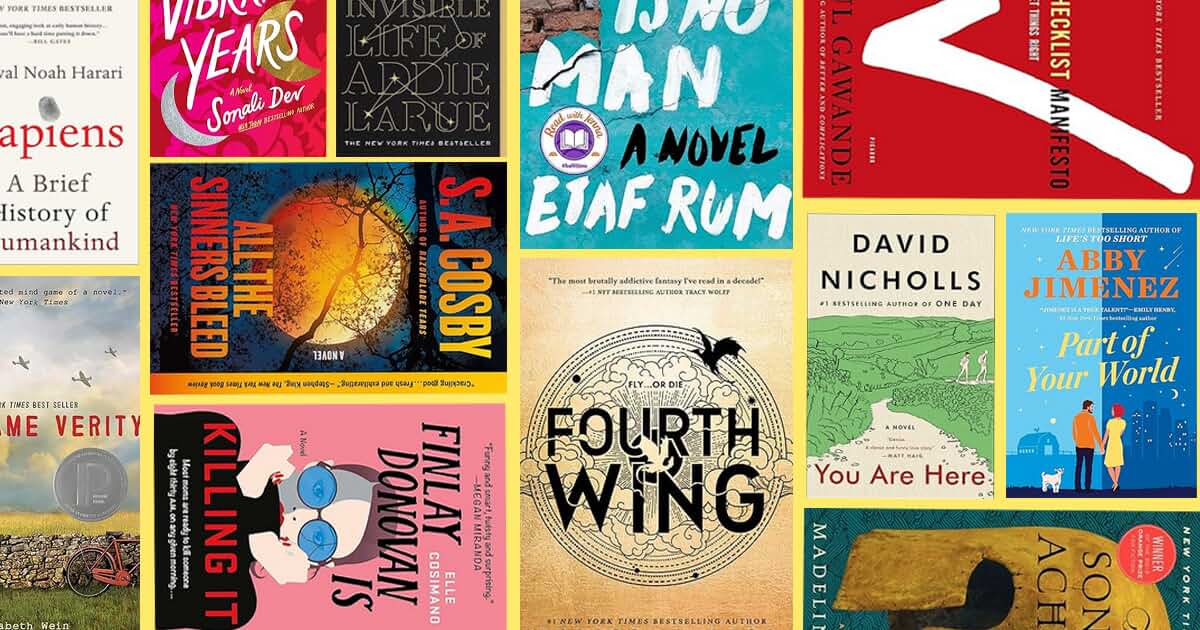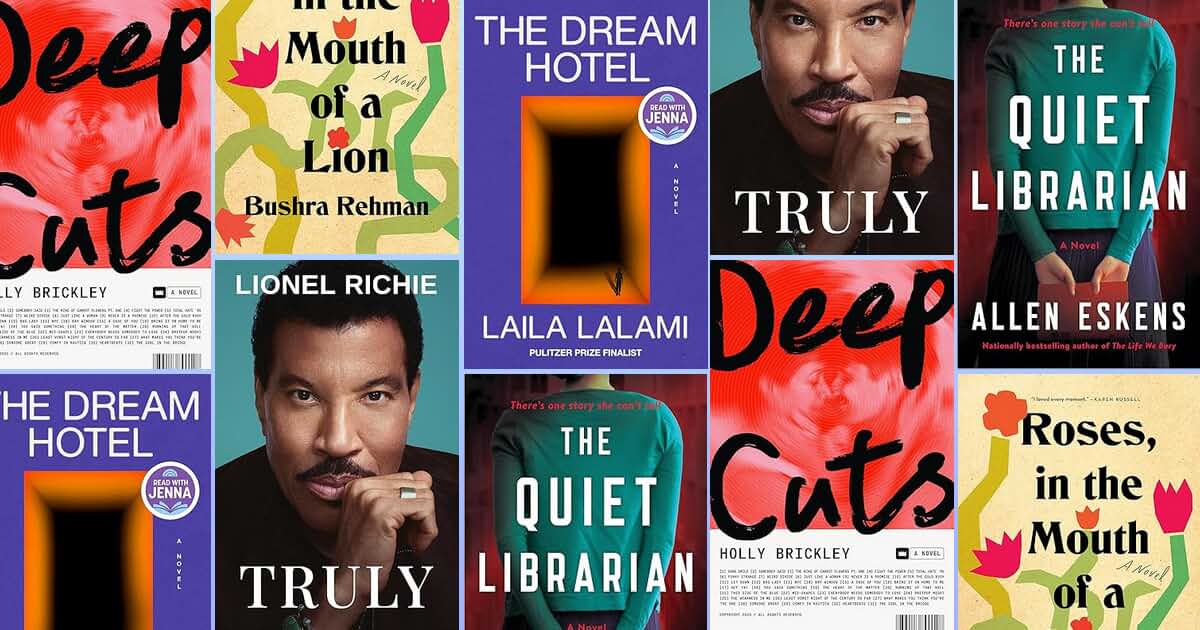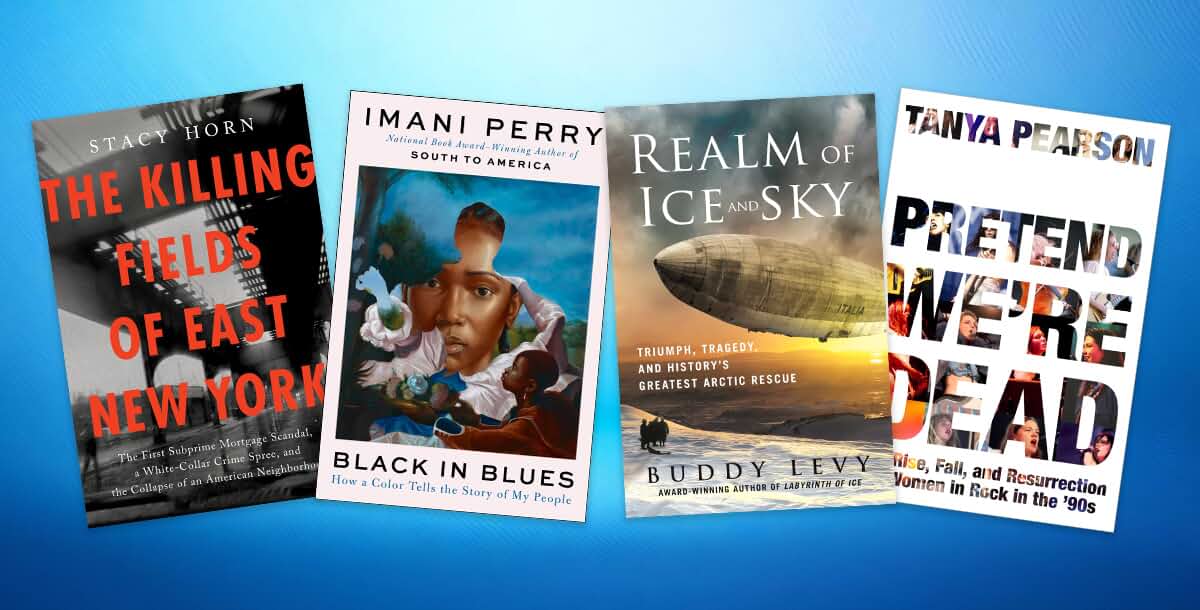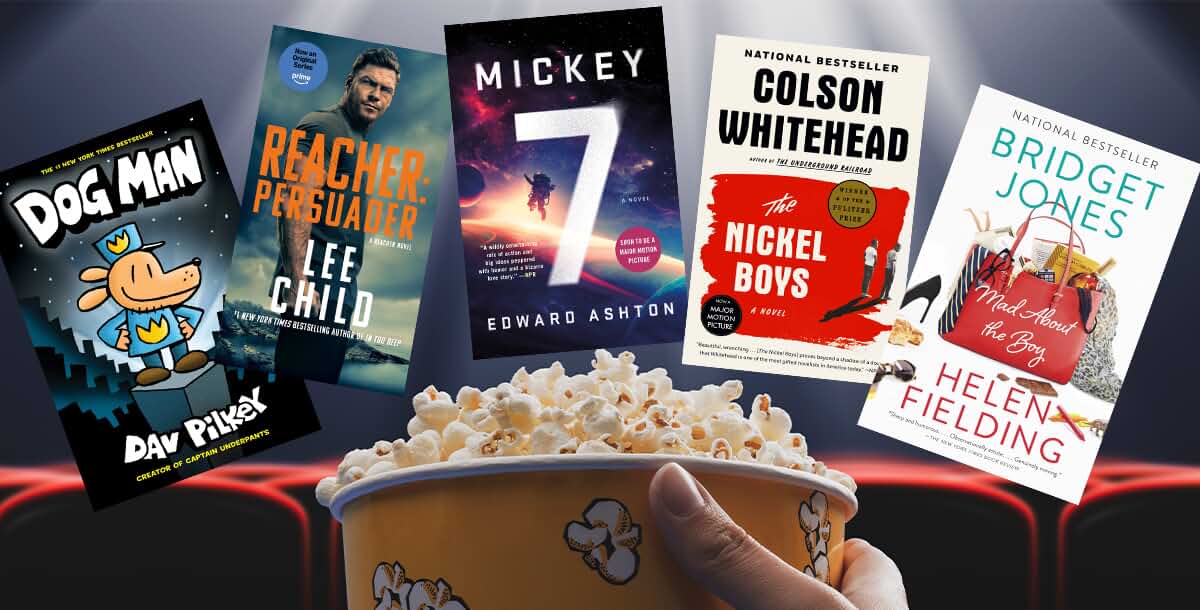Best History Books of January 2025, as chosen by the Amazon Editors

January’s new history books bring epic stories to life: From a grassroots movement that contributed to the end of the Civil War, to a little-known assassination attempt against former president John F. Kennedy; from a very American story about the forces that shaped Elvis, to a more modern history of the 2000s, otherwise known as Y2K. Be sure to check out the Amazon Editors’ full January lists of the Best History Books, Best Nonfiction Books, Best Biographies and Memoirs, and Top 10 Best Books.
Just when you think you know everything about a famous figure, Brad Meltzer and Josh Mensch come around to uncover a fascinating slice of history. Following best-selling takes on the Nazis, George Washington, and Abraham Lincoln, the History Channel hosts’ latest narrative page-turner focuses on a little-known assassination attempt on John F. Kennedy’s life, right before he was inaugurated. Each short chapter ends on a cliffhanger, begging you to read “just one more”—so you’ll gulp this up in one sitting, feeling like a fly on the wall in Jackie Kennedy’s intimate living room, or on the lush grass outside JFK’s sprawling waterfront Florida estate. The feeling of dread builds with each page (no matter that we know he survives to be sworn into office), and the relief is palpable after his would-be killer is foiled by chance encounters during high-stakes moments that never made the nightly news. Written like a tension-filled suspense novel, but made all the more heart-pounding because this really happened—and could have forever changed the course of history. —Lindsay Powers, Amazon Editor
Although a student of history, I was unfamiliar with this powerful story—the effects of which still reverberate in modern day. In 1864, Union Gen. William T. Sherman and his army marched from Atlanta to Savannah, Georgia, systemically destroying key Confederacy communications and meeting points. These bold actions marked a turning point in the Civil War, and gave hope to thousands of enslaved Black people— 20,000 of whom joined Sherman’s March, the “largest emancipation event in our history and one of the largest in the rise and fall of Atlantic slavery,” according to historian Bennett Parten. “It dismantled slavery from within, undermined the Confederate project, and kept the idea of freedom at the center of the campaign. In fact, one way to understand the March is that it did in effect what the Emancipation Proclamation could do only on paper.” Parten’s vivid telling brings the “often loud and chaotic and always dangerous” grassroots movement to life, when freedom was “often more uncertain than certain,” of 60,000 marching soldiers “smashing things to the sea,” walking up to 20 miles a day. This march remains mired in contradictions (the soldiers were filled with prejudice themselves), but it laid the foundation for the end of the war, and Reconstruction. —Lindsay Powers, Amazon Editors
This book is peak nostalgia for readers of, ahem, a certain age. You may pick it up expecting a breezy narrative thanks to the cover’s bubble letters and gauzy colors, but Colette Shade has added some real heft with her exploration of the decade’s cultural, geopolitical, and economical headwinds, and how they laid the groundwork for the modern world we live in today. Shade, a journalist, argues the “decade” kicked off in 1997, with the dot-com bubble, and ended in 2008, with the housing bubble. (Now the bubble cover may make more sense.) Smart and fun, Shade mixes her personal stories of inflatable chairs and video games, watching actual music videos on MTV and checking AOL “Buddy Lists,” against the larger backdrop of shifting attitudes toward families, politics, women, terrorism, and money. You’ll read this with a hint of wistfulness about years gone by, and a better understanding of millennial culture. —Lindsay Powers, Amazon Editor
“Elvis Presley is the most important musician in American History. He is to pop culture what the Declaration of Independence and the United States Constitution are to our government—he gave birth to a new America,” historian Preston Lauterbach earnestly starts his book. The King didn’t achieve this feat on his own. He was deeply influenced by Black artists who taught him how to play the guitar, his famous dance moves, and who first wrote or performed songs that would become his greatest hits. Lauterbach notes these luminaries could fill volumes, so he homes his focus on six key figures—Arthur “Big Boy” Crudup, Willie Mae “Big Mama” Thornton, Herman “Little Junior” Parker, Rev. W. Herbert Brewster, and Calvin and Phineas Newborn—who shaped Elvis’ sound and catapulted his fame. And Elvis never denied these influences, regularly crediting Black artists and culture as his inspiration—but “media and public … failed to notice.” History can be complicated, with more powerful voices drowning out everyone else’s. Through this very-American narrative, though, readers will come to a new appreciation of Elvis, and all the talented strivers who changed music forever. —Lindsay Powers, Amazon Editors
This book is a must-read for anyone obsessed with true crime tales. Podcaster and historian Kate Winkler Dawson peels back the curtain on the 1832 murder of Sarah Maria Cornell, who became the inspiration for the first true crime book ever written in America, as well as Nathaniel Hawthorne’s The Scarlet Letter. Even more fascinating: Dawson “co-writes” this book with Catharine Williams, the author of the original true crime book, using her words as a jumping off point to interrogate our society’s attitudes toward women and crime. “The only catch: we were working on the same case almost two centuries apart,” Dawson notes. “My coauthor has been dead for more than 150 years.” Through this unique setup, Dawson urges caution for anyone who binges podcasts, books, and TV shows about murder. There’s a fine line between solving a cold case and exploiting a victim: “Be careful whose true crime content you consume.” —Lindsay Powers, Amazon Editor
Looking for more new book recommendations and reviews?










